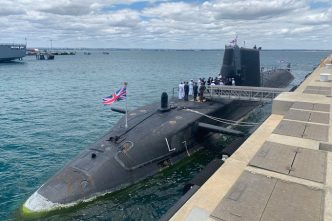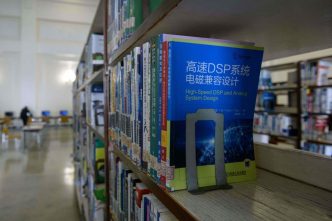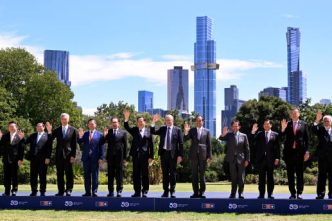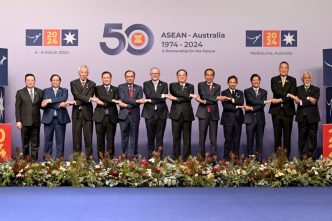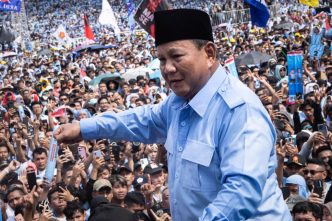If push comes to shove between China and the United States, Australia’s international trade with Asia is at risk of becoming collateral damage. The sea routes through Indonesia and to Asia around the east of …
‘The Pacific is inconstant and uncertain like the soul of man. Sometimes it is grey like the English Channel off Beachy Head, with a heavy swell, and sometimes it is rough, capped with white crests, …
The UK’s tilt back to the Indo-Pacific has had no shortage of critics, including in Australia, but it has achieved tangible results and has lifted Britain’s importance in the region. As the frothy post-Brexit rhetoric of Global …
The Yemeni Houthi rebels’ continued attacks on shipping in the Red Sea serve as a reminder that global supply chains remain highly vulnerable to disruption. Moreover, it highlights how food insecurity can simultaneously be an …
Today marks 12 months since the release of the ‘optimal pathway’ Australia needed to follow to acquire a force of nuclear-powered and conventionally-armed attack submarines (SSNs) under the AUKUS agreement with the United States and …
Following last week’s by-all-accounts successful Australia-ASEAN summit in Melbourne, I offered some unsolicited advice for an ASEAN audience, on the differences between non-alignment and neutrality. In the same presumptuous vein, my recommendation to Australian readers …
Against the backdrop of the standoff between China and the Philippines in the South China Sea, the second Special Australia-ASEAN Summit offered leaders from Australia and Southeast Asia the opportunity to speak candidly about the …
As this week’s 50th anniversary ASEAN-Australia summit wraps up in Melbourne, I would like to offer one simple piece of policy advice to each party to help them strengthen their relations in future from a …
The ASEAN-Australia leaders’ summit in Melbourne offers the opportunity for Australia to embrace ASEAN’s ‘inclusive regionalism’ and the organisation’s centrality in mediating the Indo-Pacific struggle between the great powers. With the Albanese government’s $2bn …
The Singapore government has designated Philip Chan, a naturalised Singapore citizen from Hong Kong, as a ‘politically significant person’. It assessed that Chan was susceptible to foreign influence and willing to advance those interests, essentially …
In the last few years Asia’s food security has suffered a series of crises induced by conflict, climate change and the Covid-19 pandemic, causing great disruptions to food supply systems and increasing the number of …
On 14 February, over 200 million Indonesians will vote in the world’s largest direct presidential elections. Three candidates—former Jakarta governor Anies Basewdan, Defence Minister Prabowo Subianto, and former Central Java governor Ganjar Pranowo—are vying for …




